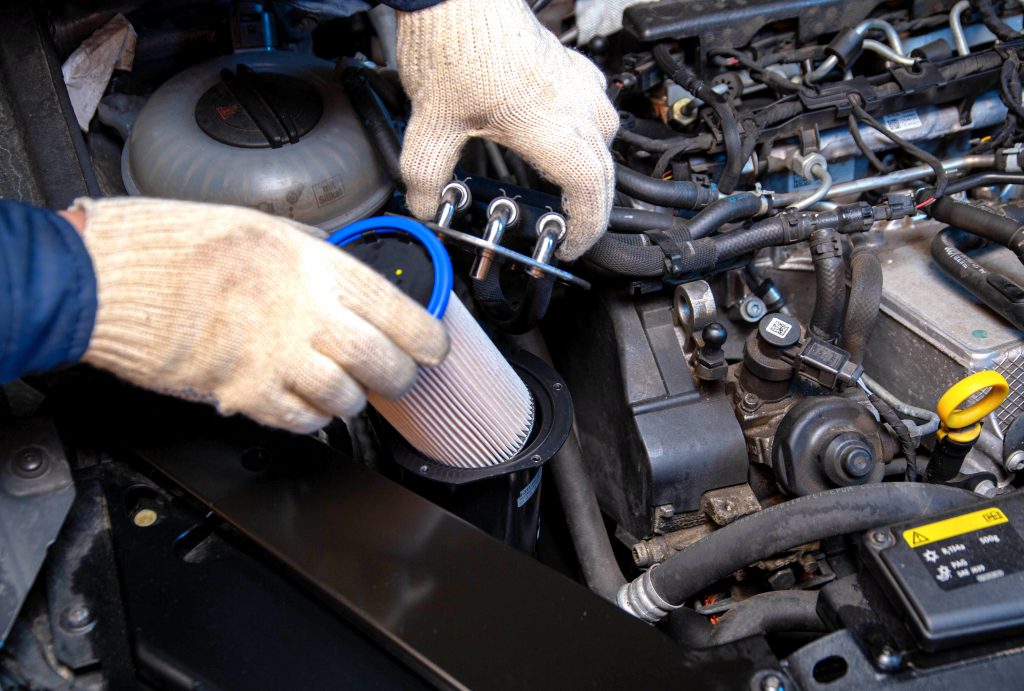Filters

Did you know that, when clean and functioning properly, your vehicle’s engine air filter can actually increase fuel efficiency? With today’s high cost of fuel, you’ll want to do everything possible to ensure that your car is performing at peak capacity. Your Master Mechanic technician can check your car’s engine air filter for trapped dirt and particles and replace it with a fresh one, when necessary.

